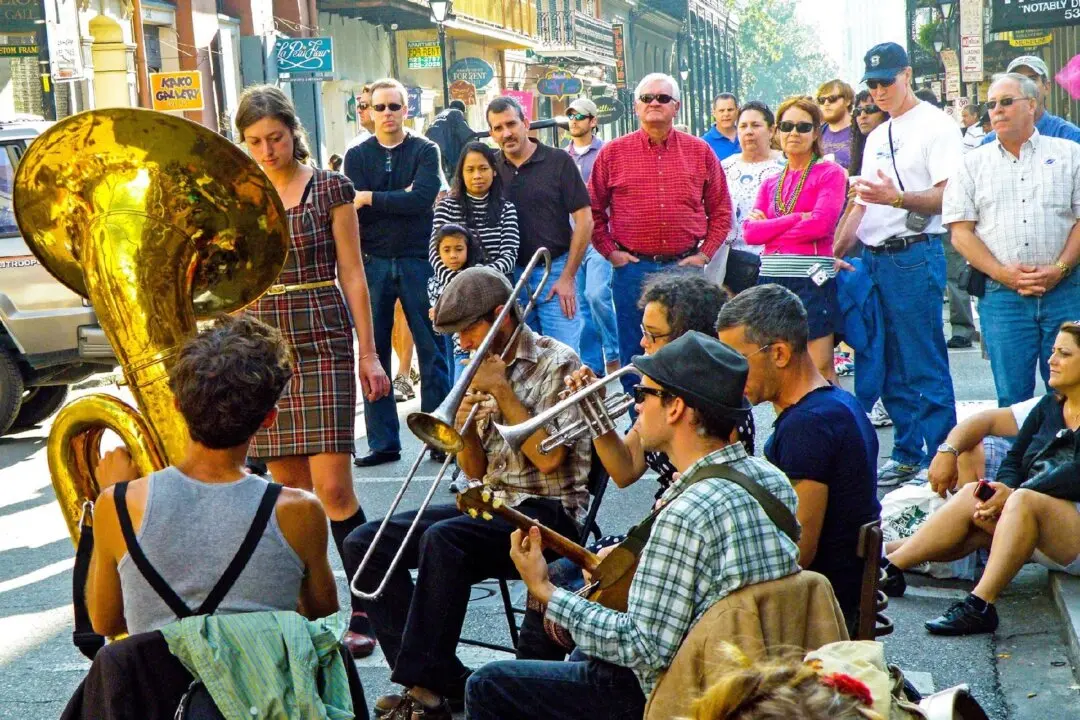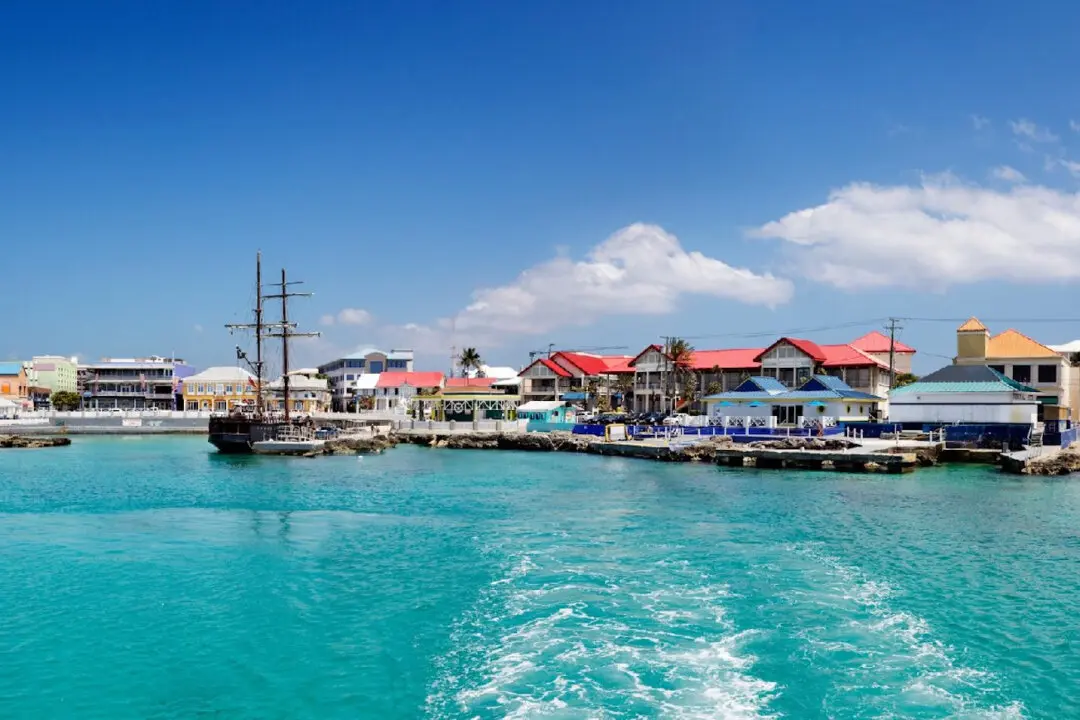As I was perusing the menu at a restaurant while visiting Cologne, Germany, an English-speaking resident of the city seated at the next table asked if she could see my bill of fare. Glancing at the prices, she showed me her menu and pointed out that the cost for the same items was quite a bit lower. She was nice enough to ask me what I wished to order, call over a waiter and insist that he charge me the amounts that she would pay.
Last spring, a restaurant in Tokyo named Tamatebako began charging non-Japanese diners $44 for an all-you-can-eat seafood buffet. Japanese patrons, however, paid $38.





